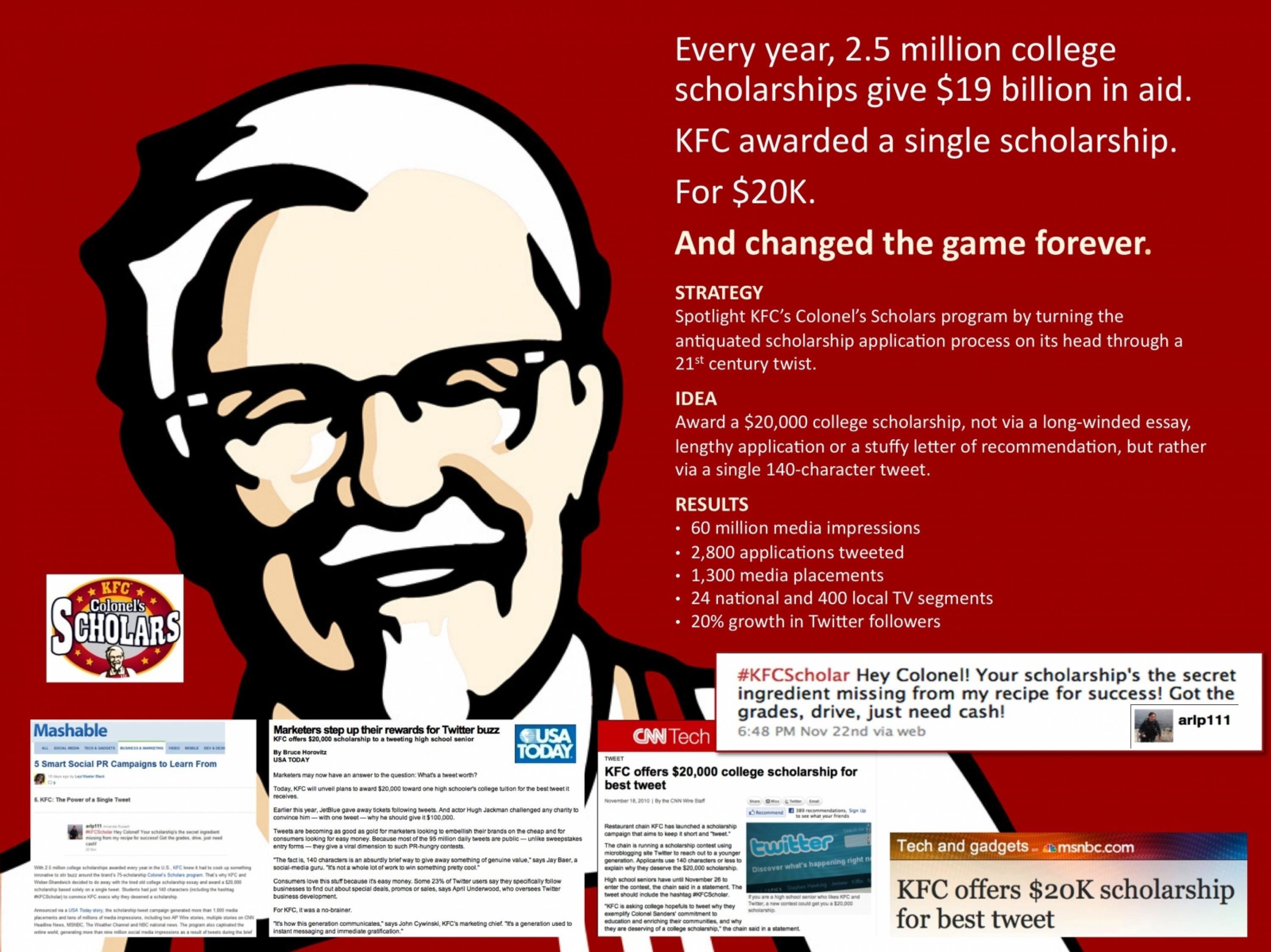PR > Sectors & Services
WE BELIEVE IN D&T - AVERTING A CRISIS
WEBER SHANDWICK, London / THE DESIGN AND TECHNOLOGY ASSOCIATION / 2013
Awards:

Overview
Credits
Overview
CampaignDescription
Imagine a world without the jet engine, light bulb, television, or internet. Some of the world’s most important inventions, technological, design and engineering triumphs are a result of British innovation, but this incredible legacy was under threat.
In 2011 the UK Government announced a National Curriculum Review, with the intention of making major changes to the primary and secondary school curriculum. Subjects guaranteed to remain were English, Mathematics, Science and Physical Education. All others would be optional, to be taught only at schools’ discretion. Due to the equipment and resources required, Design & Technology (D&T) is more expensive than other subjects making it likely to be eliminated. Any short term savings, however, would be overshadowed by significant long term dangers. If D&T disappeared, the future opportunities for young creative people, thousands of D&T teachers’ jobs and the UK’s position as an innovation and design world leader would be seriously under threat.
The Design & Technology Association worked with its PR agency on a lobbying campaign that engaged business leaders and media, and targeted MPs and ministers. They told them, with passion backed by solid economic arguments, that D&T was a critical contributor to the future success of UK industry.
The campaign was an unequivocal victory: in June 2012 it was announced that the subject would remain statutory for children aged 5-11. In February 2013 the Education Secretary Michael Gove announced that D&T would remain compulsory for all children up to the age of 14.
ClientBriefOrObjective
The campaign had to demonstrate in a relatively short timeframe that the demise of D&T as a subject would deny opportunities to the next generation of children, damage UK economic growth and slow the rate of innovation. The critical objective was to ensure D&T was retained as a statutory subject in the English National Curriculum.
Research was undertaken to identify key D&T business stakeholders and politicians. The campaign targeted parliamentarians, opinion leaders and other policymakers, using endorsement from the business community. The main focus was the Department for Education, plus the Treasury and the Department for Business, Innovation and Skills.
Effectiveness
- 17 one-to-one briefings with key politicians/decision makers
- 14 influential business leader briefings
- Business breakfast with the Guardian’s industrial editor, the Chair of the House of Commons Select Committee on Science and Technology and Sir Kevin Tebbit
- 13,663 petition signatures
A potential crisis was averted:- In June 2012, the Department for Education announced D&T would remain a statutory subject in schools in England for children aged 5-11. In February 2013 Education Secretary Michael Gove publicly announced that D&T would remain compulsory for all children up to age 14, safeguarding a significant proportion of 18,000 secondary school D&T teachers’ jobs.
The agency opened doors at the highest level of Government at a critical time for D&T and the Association. The resulting decision not only ensured opportunities for the next generation of designers and innovators, but secured the UK’s position as a world leader of innovation.
Execution
The agency arranged one-to-one meetings with prominent politicians, civil servants, business and trade organisations. The campaign communicated, with passion backed by solid economic arguments, that D&T education was not ‘just woodwork’, but a critical contributor to the future success of UK industry.
Engineering, manufacturing, materials science, product design, textile design, construction and architecture business leaders signed a public petition, and were encouraged to talk about the importance of D&T in a myriad of speeches and private lunches.
The team promoted the Association’s compelling, passionate manifesto. A series of events, breakfast meetings and workshops highlighted the implications for industry and the Government’s ‘new economy’, with its focus on advanced manufacturing, technology, creative industries, green engineering, inventing and exporting. Expert panellists included leading figures from business, think-tanks and media. The key points were conveyed to the Government in person and via written briefings, indicating the support of automotive, aerospace and business organisations.
Relevancy
D&T education inspires children to follow careers in manufacturing, design, engineering and creative industries, but the Government announced that its presumption was that D&T would not remain as a statutory school subject for 5-14 year olds. This would deprive firms of qualified new starters and thousands of teachers’ jobs would be put at risk.
The Design & Technology Association – an education charity and professional association – needed a lobbying campaign to ensure the UK remains the world’s sixth largest economy, and that future generations have the chance to continue making Britain great; a campaign to change the Government’s mind.
Strategy
The Government had made up its mind and getting it to reverse the short-sighted decision looked like an impossible task.
Before the campaign, ministers refused to discuss the National Curriculum with the Design and Technology Association, and had little understanding of what D&T involved, or its importance to UK industry and the economy. Many MPs would not support the campaign for fear of going against the Conservative Party line. Business leaders were concerned that their relationship with the Government would be threatened if they spoke out.
The strategy: recruit and empower advocates to protect the subject. The Association also needed an industry champion who had the ear of Government and the business community. The agency recruited Sir Kevin Tebbit, then chairman of the UK’s second biggest aerospace and defense company, Finmeccanica UK, who agreed to step up and make the case for D&T to remain on the school curriculum.
More Entries from Crisis and Issue Management in PR
24 items
More Entries from WEBER SHANDWICK
24 items































